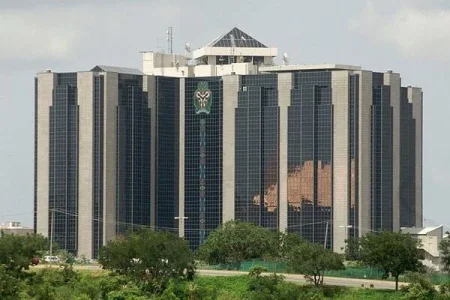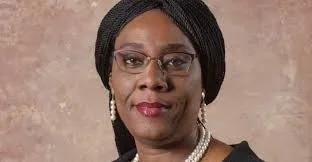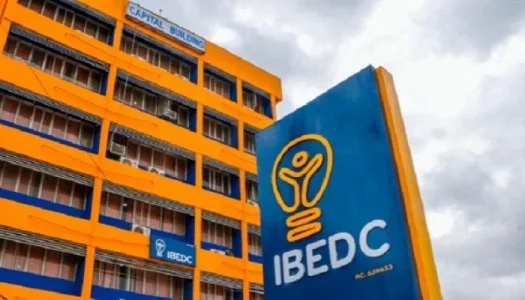
Nigerians borrowed N470 billion in personal loans in Q4 2024, according to the CBN. Personal loans surged by 21.27%, driving overall consumer credit growth. While personal loans dominated, retail loans declined, reflecting changing borrowing trends. Experts warn of long-term financial risks due to rising debt in tough economic times.
In the final quarter of 2024, Nigerians borrowed a staggering N470 billion in personal loans, according to the Central Bank of Nigeria (CBN). This increase, part of a broader trend in consumer credit, highlights a sharp rise in personal borrowing amidst economic challenges, including inflation and a fluctuating job market.
The CBN's Fourth Quarter 2024 Economic Report revealed that consumer credit outstanding surged by 11.06%, from N4.25 trillion in September 2024 to N4.72 trillion by December 2024. The growth in personal loans was particularly notable, rising by 21.27% to N3.82 trillion, compared to N3.15 trillion in the previous quarter. This substantial increase in personal borrowing now accounts for 80.98% of the consumer credit portfolio in the country.
However, retail loans saw a notable decline, dropping by 18.18% from N1.10 trillion to N0.90 trillion over the same period. This shift suggests a change in borrowing patterns, with many Nigerians opting for personal loans rather than retail loans, which are typically used for purchasing goods and services. Experts point to the rising cost of living, including increased fuel prices and inflation, as key drivers of the demand for personal loans, which many Nigerians are turning to to cover urgent expenses.
Despite the overall growth in consumer borrowing, the shift from retail loans to personal loans raises concerns about the sustainability of this borrowing trend. Economists warn that the increasing reliance on personal loans, particularly for daily expenses, could pose long-term financial risks for Nigerians, especially in a time of economic uncertainty.
While the surge in personal loans reflects a strong demand for credit, it also underscores the pressing financial challenges faced by Nigerians. Many are turning to banks as a lifeline in the face of high inflation rates, rising unemployment, and the aftermath of fuel subsidy removal, which has strained household budgets. The CBN’s report highlights the ongoing importance of consumer credit in the Nigerian economy, even as financial experts caution about the long-term implications of this rising debt.




